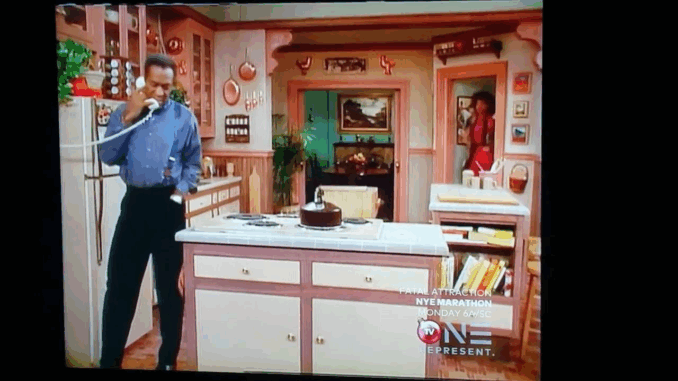
While The Cosby Show is often celebrated for its humor and groundbreaking representation of Black family life, one of its most powerful yet understated legacies lies in its role as a champion of education—particularly historically Black colleges and universities (HBCUs). Through subtle storytelling, inspiring dialogue, and visible pride in Black excellence, the series helped shift public perceptions and plant seeds of aspiration in young viewers nationwide.
A Sitcom with a Message
Unlike many sitcoms of the 1980s, The Cosby Show regularly wove educational themes into its narrative. Whether it was Cliff Huxtable encouraging his children to take school seriously, or Clair Huxtable demanding academic excellence, the message was clear: education was the path to empowerment and opportunity.
This wasn’t preachy messaging—it was organic. The Huxtable children faced academic struggles and triumphs just like any real student, making it all the more relatable. Episodes often addressed the value of hard work, personal responsibility, and cultural pride.
Spotlight on Historically Black Colleges and Universities
One of the most impactful contributions of The Cosby Show was its visible support of HBCUs. Characters frequently wore sweatshirts from schools like Howard University, Spelman College, and Hillman College (a fictional HBCU used in both The Cosby Show and its spin-off A Different World). These weren’t just wardrobe choices—they were symbols.
The spinoff, A Different World, took that message even further by portraying college life at Hillman College. It explored real-world issues like racism, class differences, and gender equality—grounded in the everyday experience of Black college students. The show inspired a surge in applications to HBCUs during its original run, showing just how influential media representation can be.
Changing Aspirations Through the Screen
For countless viewers, especially young African Americans, The Cosby Show and A Different World didn’t just entertain—they modeled success and ambition. Many fans have credited the shows with motivating them to pursue higher education or consider HBCUs for the first time.
These series challenged the mainstream notion that higher education—and particularly prestigious institutions—were out of reach for Black youth. Instead, they presented it as a norm, even an expectation.
A Lasting Impact on Black Education and Identity
Even decades later, the ripple effects of The Cosby Show’s pro-education message are still felt. The show helped create a media narrative where Black families were not only present but thriving, where education was not a luxury but a foundation. And in doing so, it helped shape identity, self-worth, and ambition for a generation.
Final Thoughts
While The Cosby Show is rightly remembered for its humor and cultural relevance, its influence on education and Black academic pride deserves just as much recognition. By spotlighting HBCUs, reinforcing family values, and normalizing the pursuit of higher learning, the show didn’t just entertain—it educated, inspired, and uplifted.